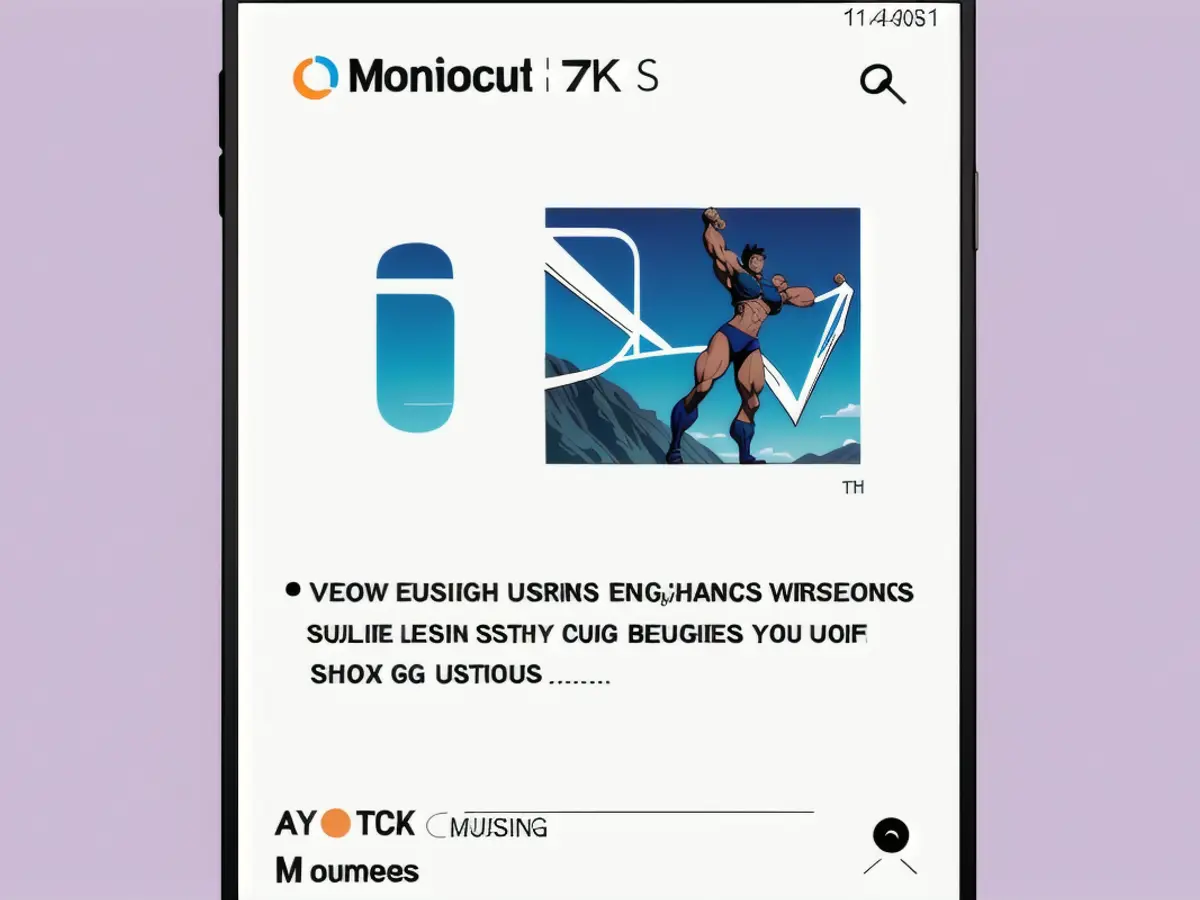Android Device Selection: Pixel or Galaxy, Which Suits Your Needs Best?
If you're in the market for a new Android device, both Google Pixel and Samsung Galaxy series are worthy contenders. While there are numerous Android phones available from manufacturers like OnePlus, Motorola, and Nothing, Google and Samsung stand out as the biggest Android device producers outside of China.
Let's dive into the Pixel and Galaxy experience, focusing on the interface, customization, built-in apps, and AI features before we delve into hardware differences.
Pixel vs Galaxy: Interface and customization
OnePlus,
Both Pixel and Galaxy phones have customizable home screens and app drawers. Google Pixel devices have a few unique features, such as a suggested apps row on the home screen and app drawer based on frequent usage, as well as a built-in widget for weather, calendar events, and more. Samsung, on the other hand, offers a wider range of built-in widget options and the Edge Panel, which is a sidebar for quick access to your favorite apps.
Motorola,
In terms of customization options, Galaxy phones provide more flexibility, with more choices for font styles, color modes, and unique Edge Panel features. Pixel devices tend to have a simpler, more minimalistic interface, which might appeal to users who prefer a cleaner experience.
Pixel vs Galaxy: Built-in apps and features

Google Pixel phones prioritize Google apps such as Gmail, Google Keep, and Google Maps. While some argue that Samsung phones may have bloatware, most of the pre-installed apps are available on both platforms, and you can delete those you don't use. Both Pixel and Galaxy devices allow you to set custom wallpapers, colors, and take advantage of AI capabilities.

One unique feature of the Pixel is Call Screen, which allows Google Assistant to answer calls on your behalf, filtering out spam and scams. The latest Pixel models also offer new perks like Pixel Screenshots, an exclusive app for the series, and Pixel Recorder. Samsung devices, in turn, offer separate app volume controls, the ability to customize power saving settings based on location or time, and Samsung DeX for desktop mode functionality.

When it comes to AI capabilities, both Pixels and Galaxies are equipped with cutting-edge AI features, including Circle to Search for easy image and text recognition, advanced photo and video processing with features like Night Sight and Magic Eraser, text-to-speech, and speech-to-text transcription.

AI tools and tricks
Samsung DeX, which lets you use your phone as a desktop OS via a keyboard and monitor.
To compare the AI capabilities between the two, consider the differences in their respective AI models and AI-powered features. Google Pixel devices rely on Google's advanced AI models, such as Google Assistant, which is set to become more powerful with new languages, more conversational, and even more capable of handling tasks for you. Samsung Galaxies, meanwhile, rely on Bixby, their own AI assistant, and provide more app-specific AI features, like text summarization and AI-motivated art creation.

Overall, the choice between Pixel and Galaxy phones comes down to personal preference. If you appreciate a cleaner, simpler user interface and timely software updates, then the Pixel might be the better choice for you. If you prefer more customization options and a plethora of built-in applications, the Samsung Galaxy series could be the more appealing option.
In the end, consider your usage patterns, preferences, and priorities before making a decision. Test out both platforms and choose the one that feels most comfortable, functional, and intuitive for your needs.

- When making your shortlist for the best Android devices, consider the reviews for the Google Pixel and Samsung Galaxy series, both of which have received positive feedback for their interface, customization options, and built-in apps.
- Looking towards the future of mobile technology, both Pixel and Galaxy phones are consistently upgraded with the latest AI features, such as advanced photo and video processing, text-to-speech, and speech-to-text transcription, provided by their respective AI models: Google Assistant and Bixby.
- If you're interested in the customization options of your future mobile device, optidigital's review of the latest Samsung Galaxy model suggests that Galaxy phones offer more flexibility, with various choices for font styles, color modes, and Edge Panel features.
- Regarding the future of AI capabilities, it's probably safe to say that both Pixel and Galaxy phones will continue to compete aggressively, releasing new models with enhanced AI features, raising the bar for mobile technology and user experiences.







